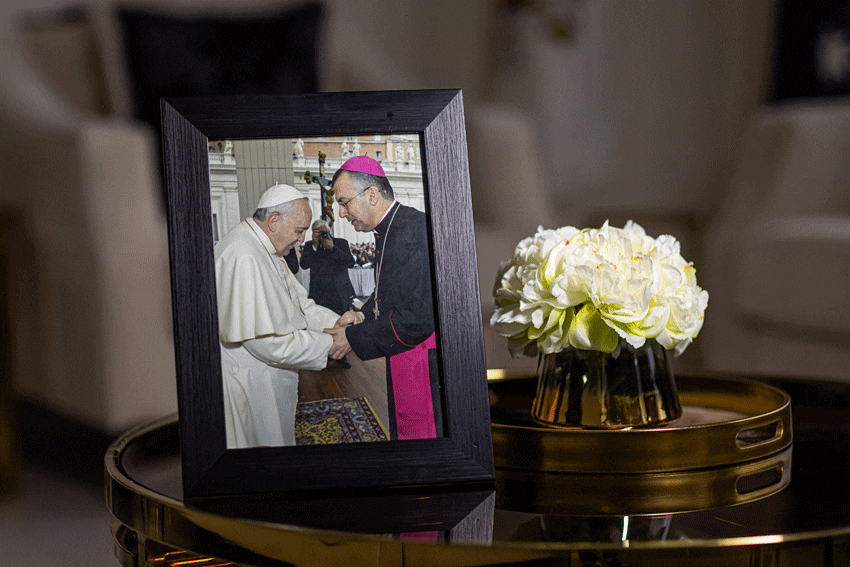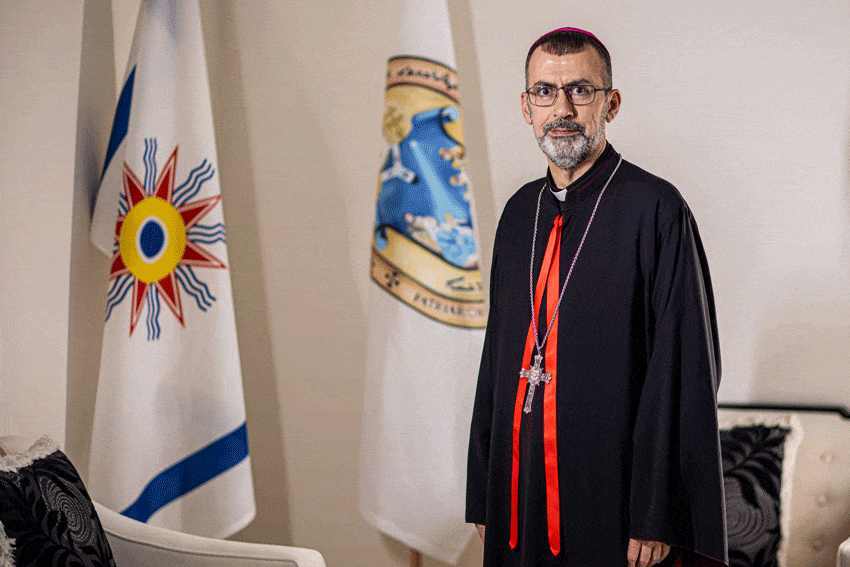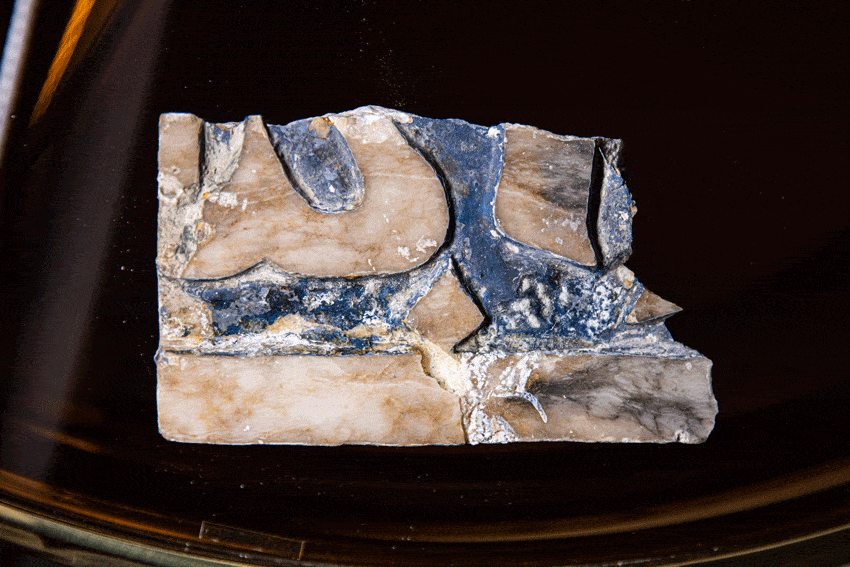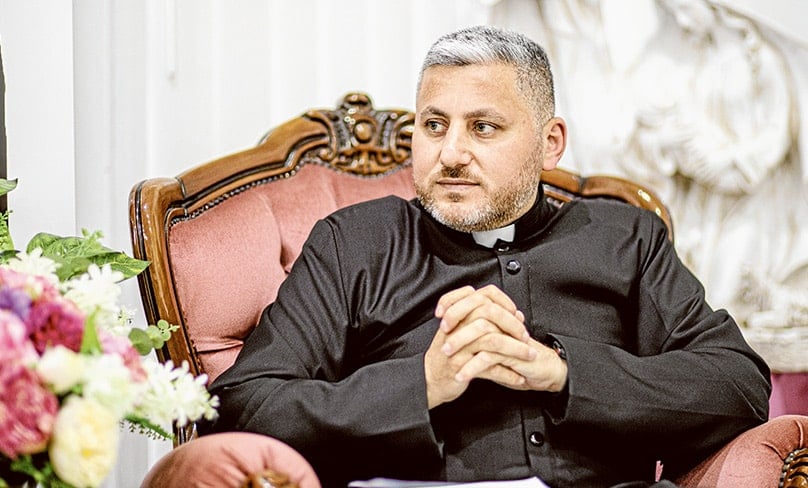
Local clerics say visit brought hope to their homeland
By Marilyn Rodrigues and Cindy Wooden
THE SYDNEY-BASED former Archbishop of Mosul says the visit of Pope Francis to Iraq has been “extraordinary” in bringing a powerful moment of peace to the country and the whole world.
Archbishop Amel Shamon Nona leads the Chaldean Catholic Diocese of St Thomas the Apostle of Australia and New Zealand. His flock in Sydney numbers around 11,000 families, compared with the 10-15 Christian families he estimates currently live and worship in the northern Iraq city where he used to minister.
“It was very sad to see the city in that situation, but at the same time it was very good to see the Holy Father praying in the heart of the ancient city” – Archbishop Nona
The prelate was elected Archbishop of Mosul in 2010 by the Synod of the Chaldean Church, following the kidnapping and murder of his predecessor, Paulos Faraj Rahho, in 2008. When Islamic State forces seized control of Mosul in 2014, Archbishop Amel Shamon Nona was forced into exile and has been living in Sydney since 2015.

The ancient city in the country’s north suffered great destruction during the three years it was occupied, with its churches and other buildings in the main centre still in ruins or under reconstruction.
“It was an extraordinary feeling to see the Holy Father visiting Mosul because I never expected such a thing would be possible,” Archbishop Nona told The Catholic Weekly. “It was very sad to see the city in that situation, but at the same time it was very good to see the Holy Father praying in the heart of the ancient city with all the churches where Christians have lived since the second century.”
Archbishop Nona said that Pope Francis’s visit not only encouraged Iraq’s Christians who are members of the Syriac Catholic, Armenian Orthodox, Syriac Orthodox and Chaldean Catholic churches, but was a blessing for the entire country as it rebuilds. The Holy Father’s private meeting with Grand Ayatollah Sayyid Ali al-Sistani, an influential spiritual leader of Shiite Muslims in Iraq, was another “very powerful” moment of the historic trip.

“All the world saw Iraq in a different light; there were Muslims, Christians and people of other faiths all together there with the Holy Father,” the archbishop said. “He has made history in uniting these different groups who have engaged in war against one another for many years.”
Archbishop Nona said he hoped the visit would help to set the course for the nation’s future. “It is very important in Iraq to start to see others who are different in respect to religion or ethnicity as one’s brother or sister,” he said. “It is a point that Pope Francis made clear in all of his speeches last week.”
The Pope approached his four-day trip from 5-8 March, visting Baghdad, Irbil, Mosul and Quaraqosh as a “pilgrim of penitence” and of peace. The visit also included meetings with dignitaries including Iraq’s Prime Minister Mustafa al-Kadhimi and President Barham Salih, and President Nechirvan Barzani and Prime Minister Masrour Barzani of the region of Iraqi Kurdistan.

With sporadic violence continuing in the country, the trip from March 5-8 involved an intense security operation with the deployment of thousands of police and military officers. But the other danger was posed by COVID-19 and the risk that people gathering to see the Pope, who has been vaccinated, would create a surge in the already-rising number of cases in Iraq.
“Easter came early to Quaraqosh”
Father Lenard Ina, chaplain to the Syriac Catholic Church in Sydney and Canberra, said that “Easter came early to Quaraqosh” where he saw friends and former parishioners of his clearly overwhelmed with joy upon the Pope’s arrival.
“In a video I saw one of my best friends, a priest, dancing, and I would love to have been there,” Fr Ina said. “Everyone in Iraq has been waiting for a sign of hope in the future, and Pope Francis has brought that hope. I believe he truly followed Jesus Christ there and through the many things he did while in Iraq showed how people can live together in this world, with humility and in serving one another.”
Returning to Rome on 8 March Pope Francis told reporters that the pandemic, more than security concerns, had made him question whether to make the trip, but that it had been worth the risk. “I thought so much, prayed so much” about the Iraq trip because of the coronavirus pandemic, the pope said, “and in the end I made the decision freely, but it came from within. “And I said to myself the one who helped me decide this will take care of the people.”
Related:
